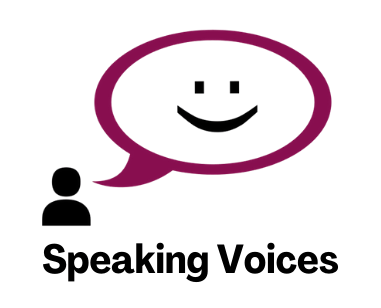The Role of Communication in Job Applications
Before the interviews begin for your dream job, we have to consider how we want ourselves to be seen on paper. The way we communicate through that CV or that cover letter will determine whether you will be shortlisted for an interview. Even though we normally think of communication skills as being verbal we also have to think about how we shape that communication through the words on the document the employers are going to read first.
When applying for your dream job, your communication skills are showcased through your CV, cover letter or any application form you have to fill in. These components are the key to making the first impression to your potential employer reflecting on your professionalism, attention to detail and suitability for the role. How you communicate your words goes beyond listing your previous jobs and qualifications.
Demonstrating who you are on paper isn’t enough for you to be shortlisted for an interview, because everyone can give the employer facts about themselves. But what makes your experience different to everyone else’s? What is your story, and how can your words articulate your enthusiasm, emphasising why you are passionate about the job you’re applying for? How you lay out your CV and cover letter and how you articulate the information, is how you will engage and influence an employer’s decision to put you on that shortlist pile.
Writing Your CV and Cover Letter
1. Stand Out With Your CV
Your CV is often your first impression to a potential employer. It’s your opportunity to summarise your skills, experience, and achievements clearly and concisely. Recruiters typically sift through dozens, if not hundreds, of CVs. If your document is cluttered or difficult to read, it may end up in the “no” pile.
Many companies use Applicant Tracking Systems (ATS) to filter candidates, so put keywords on your CV that you have found on the company website or job description. Put your job experience first and your qualifications last, they want to read what is most important which is what you can bring to the role. Writing your CV should also include headers, subheadings and bullet points. Only include relevant information and keep the experience up to date within the last 5 years.
Tip: Add colour to your CV to make it stand out, especially if you’re a creative.
2. Engaging Cover Letters
A cover letter allows you to showcase your personality and explain why you’re the ideal fit for the role. A strong cover letter should tell a story that complements your CV, demonstrating how your experiences have shaped you as a professional and what you are looking to achieve when you work for the company.
A cover letter allows you to explain the “why” behind your CV. It allows you to tell the employer about your career journey and how it led you to apply for this specific role. Good communication helps in articulating this story in a way that is engaging and memorable. You want to be the right fit for the company by expressing what you like about the company. Talk about their values, their projects, anything to show them that you’ve done your research. Explain and elaborate on specific experiences that relate to the job description.
Tip: Highlight what the employer wants to read first which is normally why you’ve applied for the role, These are your passions and how they relate to the job.
Mastering the Interview Process
After being shortlisted and you get a chance to be interviewed this is your time to shine. You’ve shown your enthusiasm on the piece of paper, now it’s time to execute and align everything together. This is where your confidence has to be on point, and you answer the questions exactly how the other person interviewing you has envisioned it. The language and the words you choose to use in your answers will indicate whether you’re the right fit for the company.
Allow yourself time to prepare the answers and say it out loud with confidence. It’s the way you explain your answers in detail and show your passion that will get you the job. Take your time to ask them questions as well, as you want to know if this job is the right job for you in the long run and where it can take your career. You’re interviewing them as much as they are interviewing you. Let’s face it no one wants to work with a boring robot.
—————————————————
There is so much more to unpack about each of the topics that I have mentioned above. I will be writing a blog individually, one for CVs, one for cover letters and one for what to say in your interviews, so keep an eye out.
If you want a bit of sparkle put into your CV so you can upgrade your career, send it over to me and I will examine it and give you feedback! Or if you want help to prepare your interview and know what to say, I can help you go through the answers. Check out my Speak At Interviews course where I can help you be confident in your next interview!

